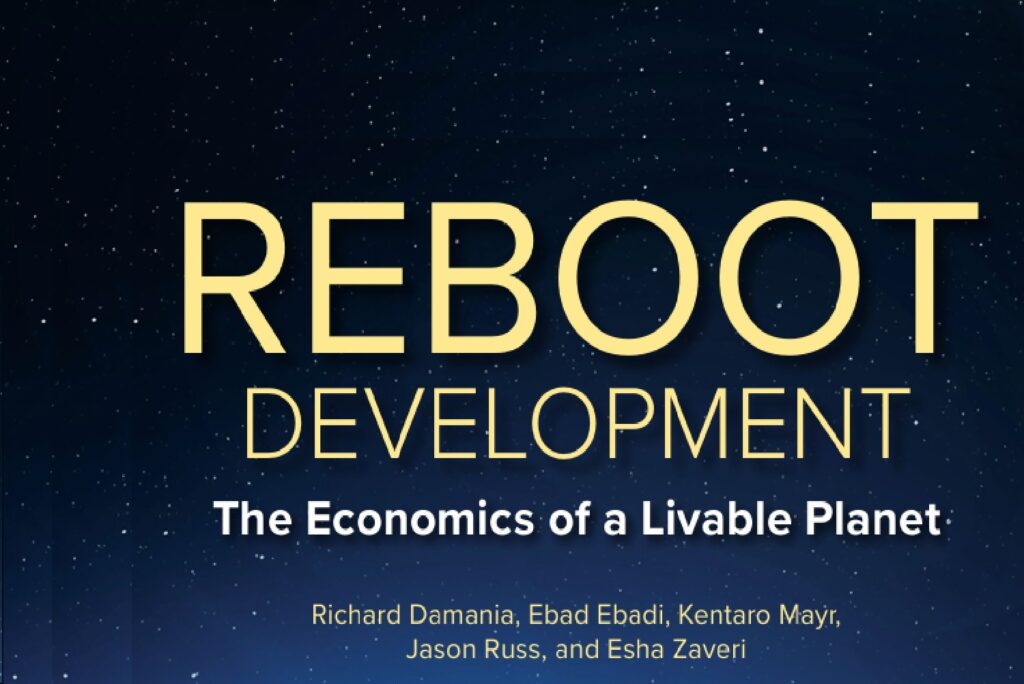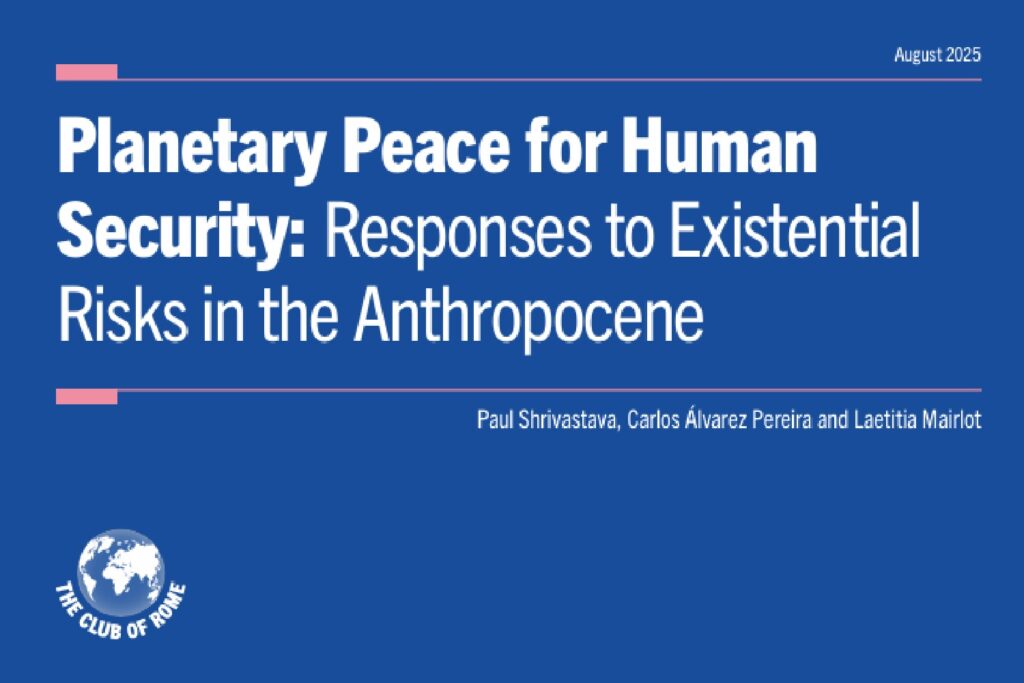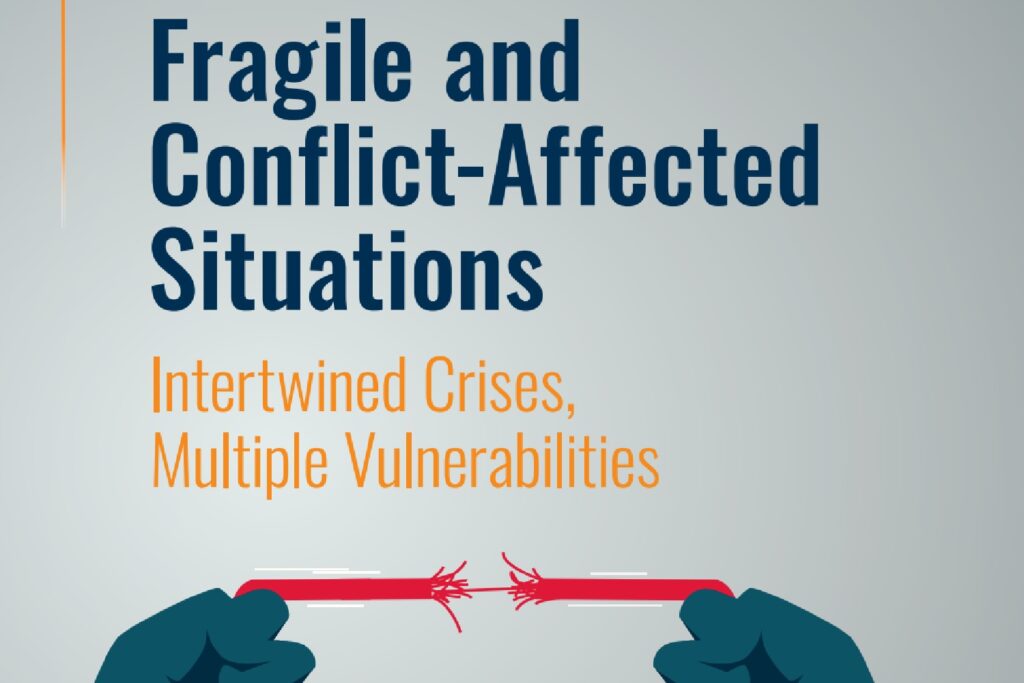Global Health at a Crossroads: WHO’s 2025 Emergency Response to Outbreaks, Conflicts and Humanitarian Crises
The author examines how 2025 has become a pivotal year for global health, marked by converging crises such as conflict, disease outbreaks, climate shocks, and displacement that are impacting fragile health systems and exposing deep structural inequities. In response, the WHO’s $1.5 billion Health Emergency Appeal underscores the urgency of coordinated, resilient action, emphasizing mobile […]










